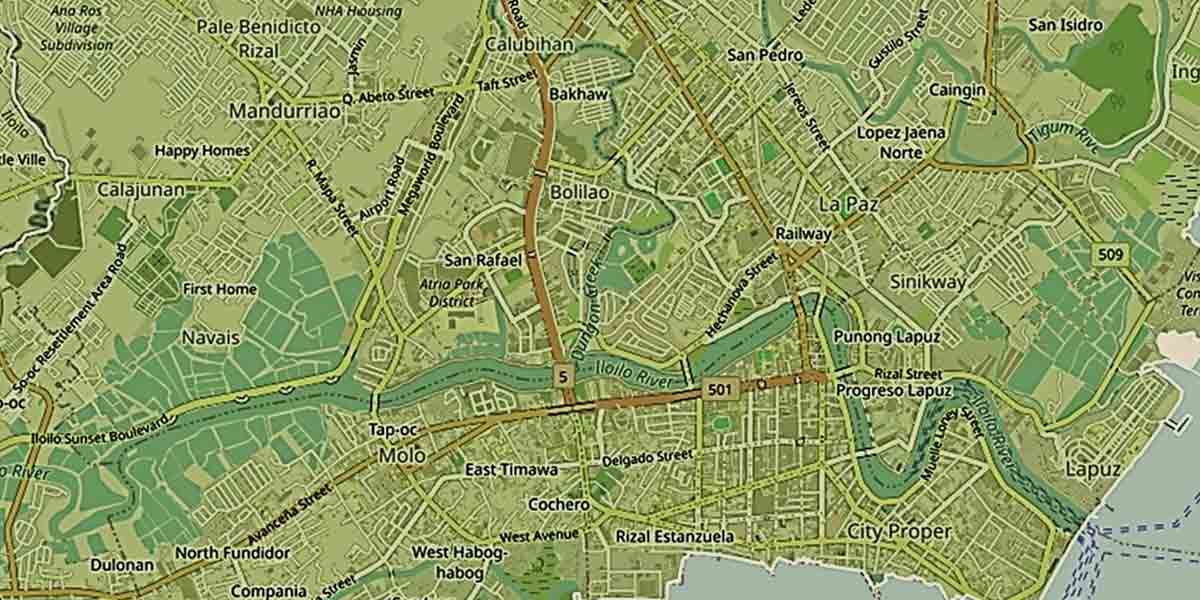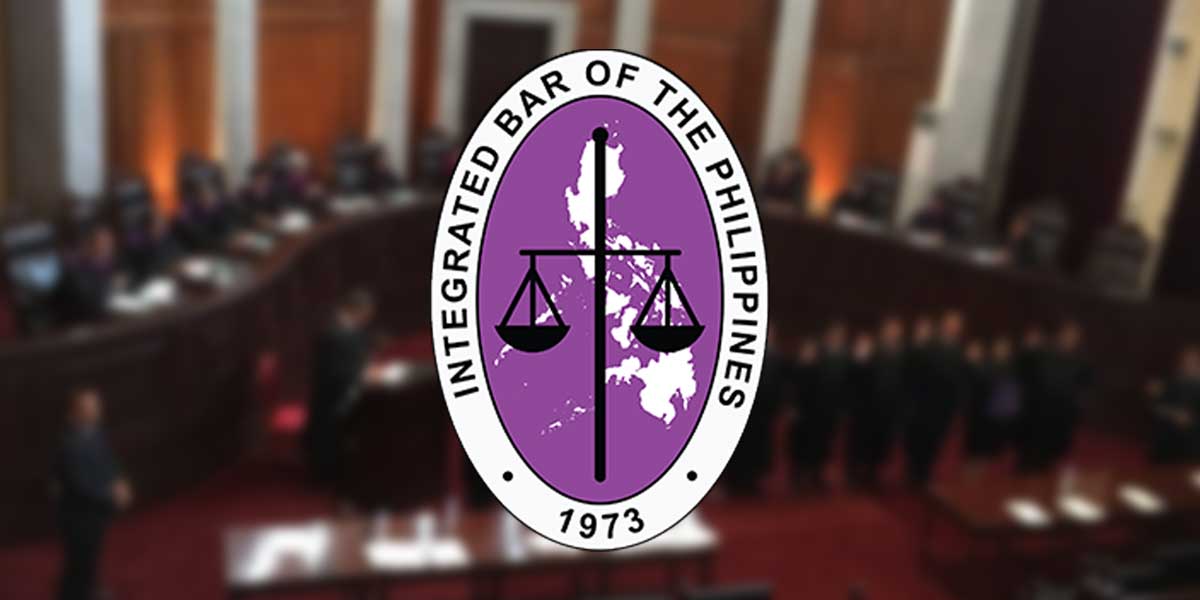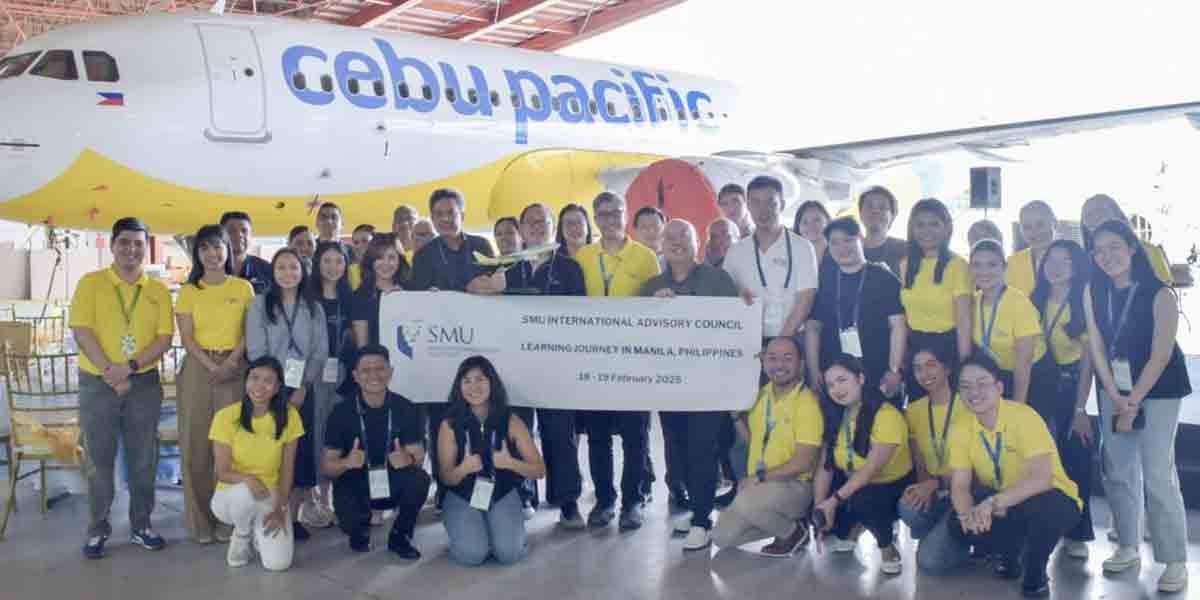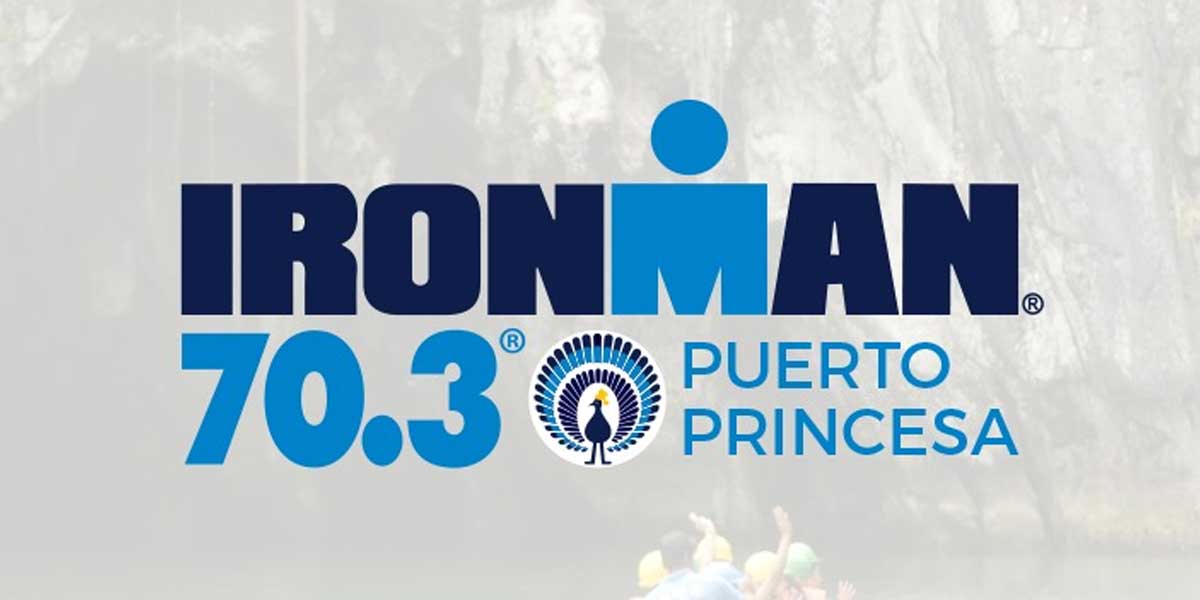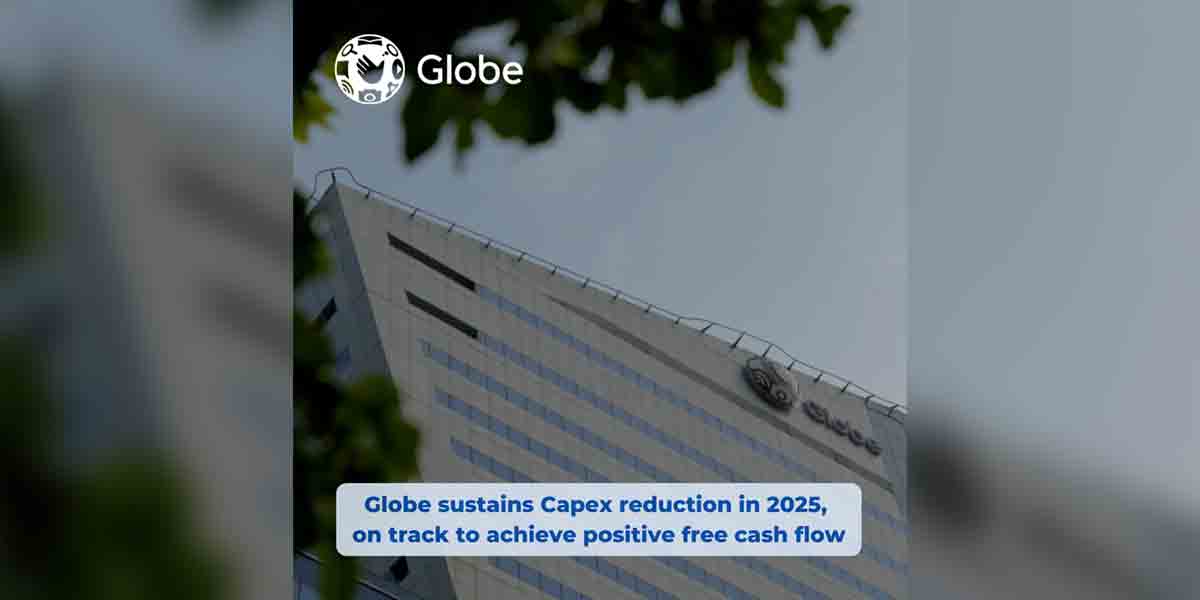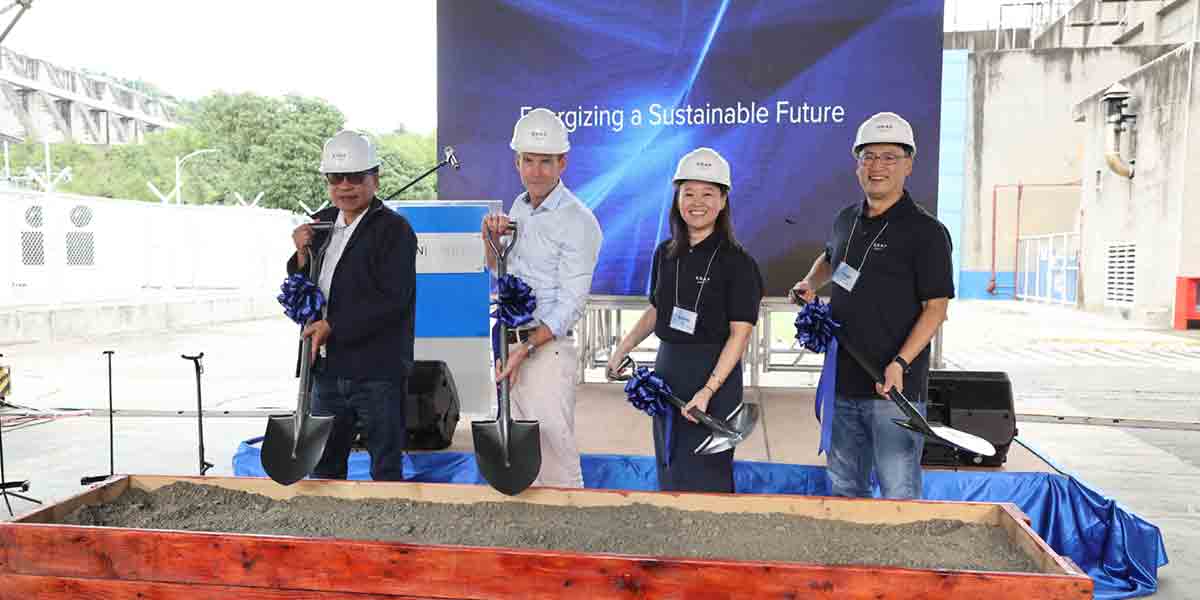Metro Pacific Iloilo Water (MPIW) is in a race against time to revitalize Iloilo City’s outdated water distribution system.
After enduring significant delays due to the COVID-19 pandemic from 2019 to 2023, MPIW is now fervently appealing to the Department of Public Works and Highways (DPWH) to expedite the issuance of permits necessary for their crucial infrastructure projects.
The pandemic wreaked havoc on many sectors, but few are as vital to public health and welfare as water infrastructure. Restrictions on movement and disruptions in the logistical chain significantly impeded MPIW’s plans, putting the city’s water distribution system on hold.
Now, as the world gradually returns to normalcy, it is imperative that MPIW is allowed to proceed without further bureaucratic hindrances.
MPIW COO Angelo David Berba underscored the urgency of these projects in a recent interview, noting that their major trunkline from Pavia to Iloilo City is due for a critical upgrade.
The existing pipeline, made up of outdated and dilapidated pipes, is set to be replaced with 1-meter PVC pipes imported from Spain. This upgrade is not just about enhancing capacity; it is about ensuring that Iloilo’s residents have reliable access to clean water.
Berba’s plea to the DPWH is clear and justified. The city’s infrastructure is old, with many areas still relying on cast or galvanized iron pipes. These materials, prone to corrosion and leakage, are a liability to the city’s water supply. MPIW’s plan to replace these with PVC or HDPE pipes is a much-needed step towards a more sustainable and efficient system.
Moreover, MPIW’s efforts to lay pipes in the middle of roads, such as the project along Diversion Road to Pison Avenue that are riddled with obstacles posed by electric posts and sewage drainages, highlight the innovative solutions they are employing to navigate existing infrastructural challenges.
The city government has shown commendable support, but the bulk of the permitting process lies with the DPWH. It is crucial that these permits are issued promptly to avoid further delays.
The stakes are high. Iloilo City’s non-revenue water (NRW) levels are alarmingly high, with half of the water supply being lost due to leaks and outdated infrastructure. This not only represents a significant financial burden for MPIW but also means that many residents are deprived of adequate water supply. The planned projects aim to recover 10 to 15 million liters per day of NRW, a goal that cannot be met without immediate action from the DPWH.
Berba’s call for patience from consumers indicates the extensive work required which will eventually redound to long-term benefits for consumers.
While the short-term inconveniences of construction and potential water supply interruptions are undeniable, the end result will be a more reliable and efficient water distribution system.
The use of durable, anti-corrosion materials like PVC and HDPE in pipe replacement projects, especially in water-adjacent areas like the villages of Abeto Mirasol Taft South and Sinikway, is a strategic approach to ensuring long-term reliability. This will not only improve the quality of life for Iloilo’s residents but also contribute to the city’s overall development and growth.
MPIW is committing P1.2 billion over the next one and a half years to these projects, reflecting the scale and seriousness of their investment. It is now up to the DPWH to match this commitment with swift and decisive action. The future of Iloilo’s water infrastructure—and the health and well-being of its residents—depends on it.
The DPWH must recognize the urgency of MPIW’s requests and expedite the necessary permits. The pandemic may have delayed progress, but with cooperation and prompt action, Iloilo City can look forward to a future with a robust and reliable water distribution system. The time to act is now.


